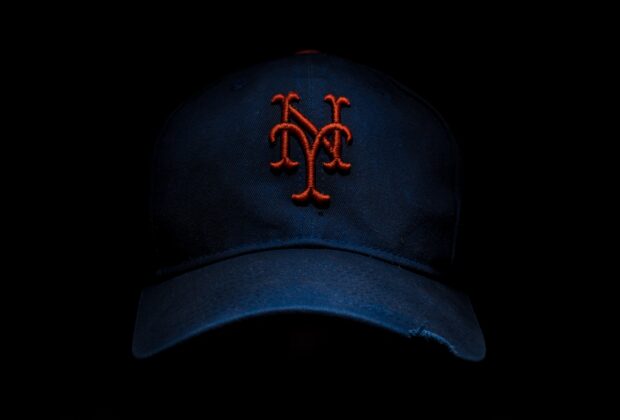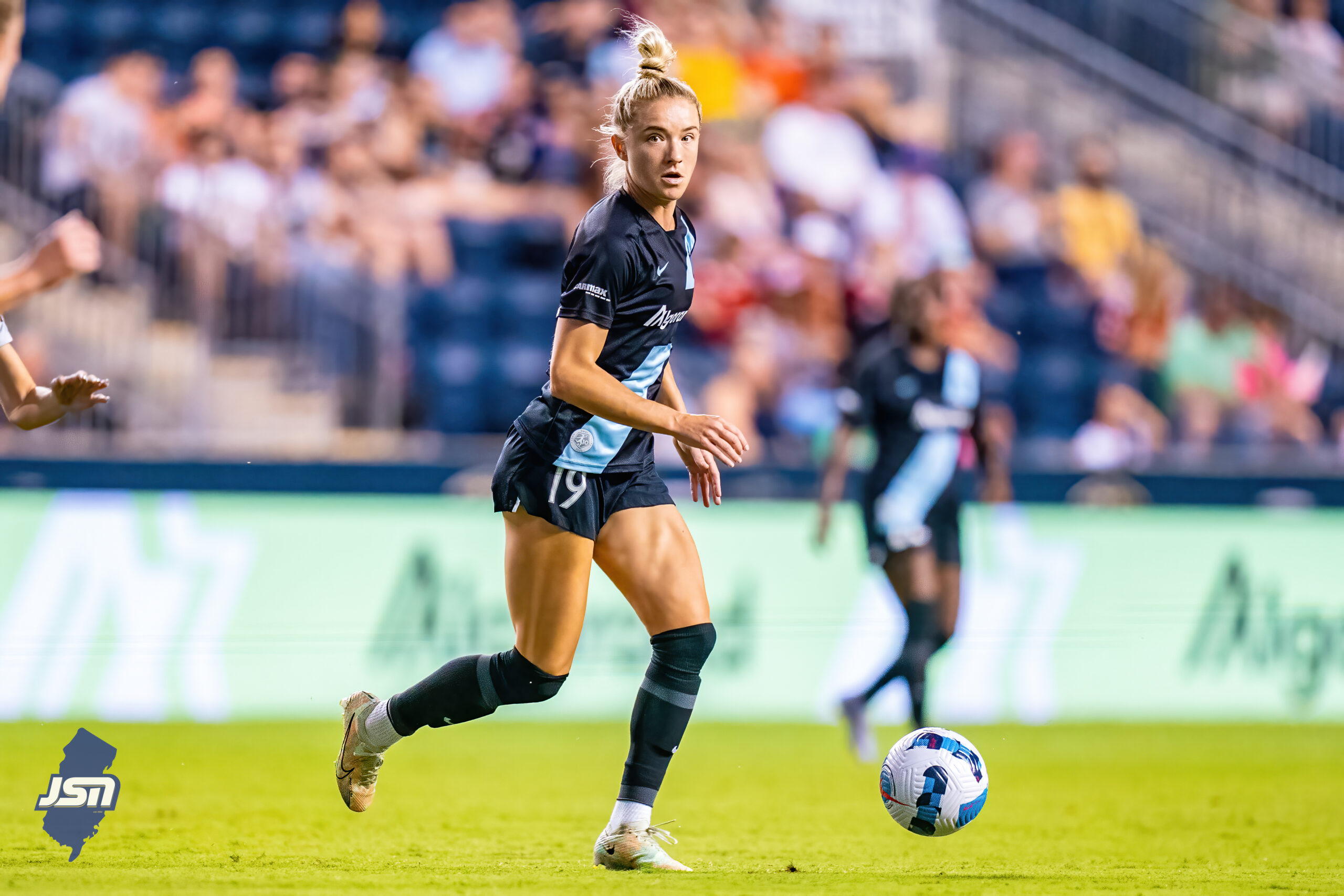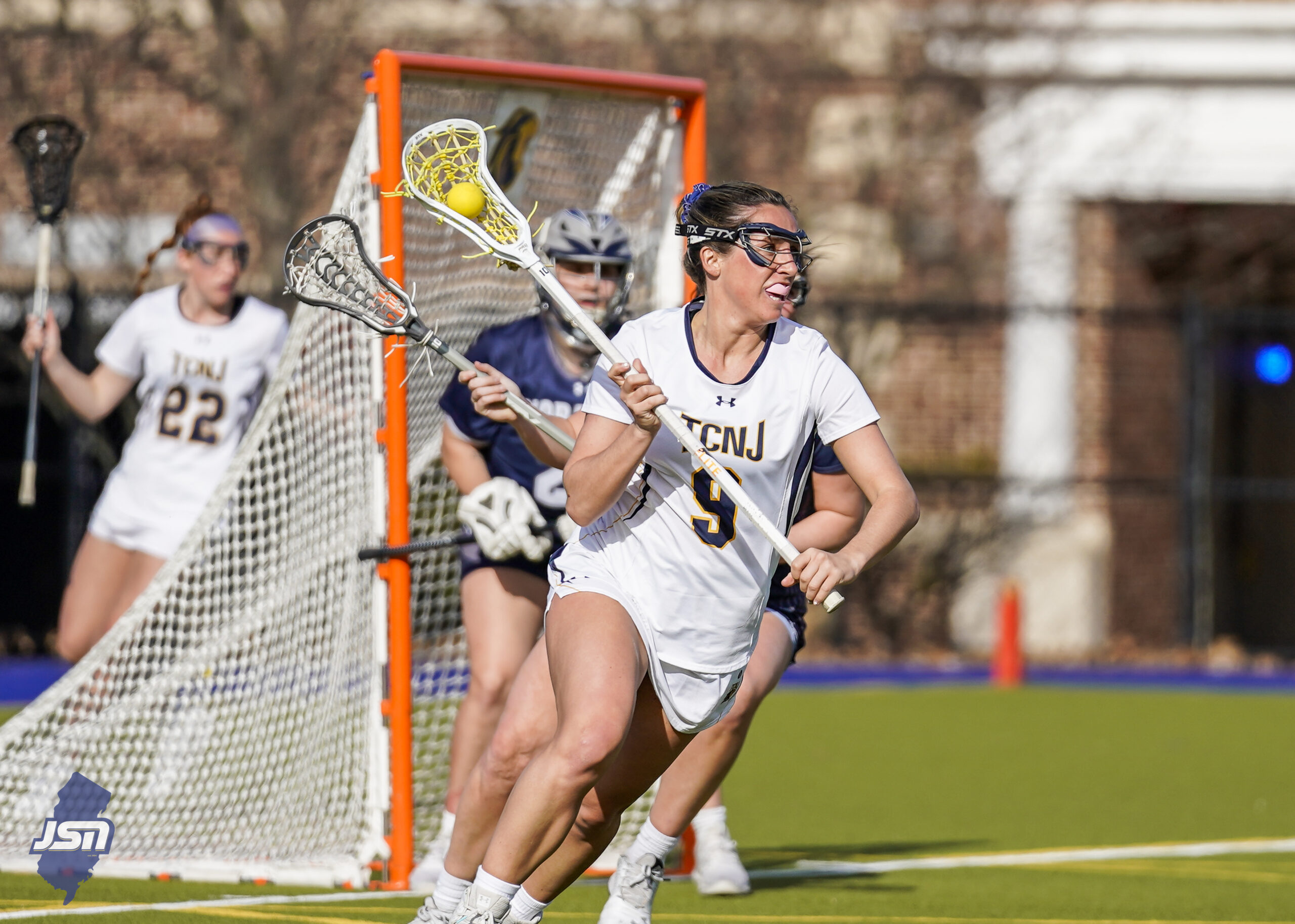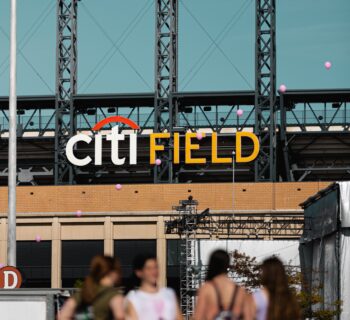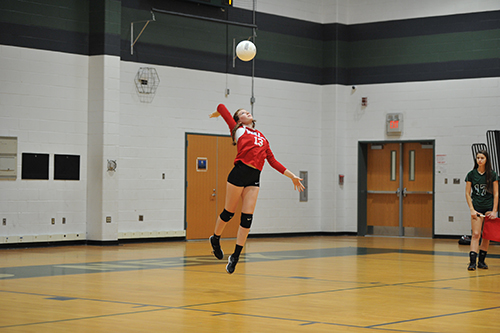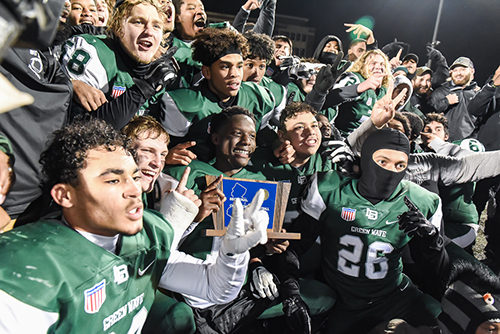Adjustments were part of the transition of Kodai Senga to the Mets rotation. An All-Star in the Nippon PL, the 30-year old would have to adjust to a new roster of both opponents and teammates. Mets management made a decision to provide their new starter with as much rest as possible, allowing for adjustment to one less day of rest than Senga was used to.
The search to provide all Mets starters more rest was considered beneficial for an aged rotation with two guys closer to Hall of Fame consideration than a shuttle back to Syracuse. That was the preseason expectations for Tylor Megill and David Peterson. Injuries have provided each with opportunity, but an inability to get ahead in counts has made each player’s spot up for grabs.
Peterson’s failures to get left-handed hitters out is an obvious reason why he was sent down to Syracuse. It’s been way too easy to connect him with other southpaw starters from the Mets’ minor leagues that didn’t pan out. The hope is Peterson works something out and is available in a couple of weeks; about the lifespan before another starter is lost to injury.
The Mets’ injury list has been long all season with GM Billy Eppler using it to hide Edwin Uceta after providing three great innings against San Francisco on April 22. It’s where Tim Locastro has been hiding since space was needed for more arms and it’s where Stephen Nogosek has been waiting till his activation on Monday to serve as one of those arms. All of this movement became easier with the doubleheader since extra arms are allowed; allowing Eppler to offset the roster space loss due to Max Scherzer’s suspension.
The decision to start the team’s second doubleheader in a week with Joey Lucchesi means more time between starts for Senga. It also signals a somewhat smooth transition back for Scherzer and Justin Verlander, each facing their old team that each played for nearly a decade ago. But for the sake of this article, it’s the reset and revamp of the Mets’ starting rotation, at least for this time through.
April 27 - Mets 9, Nationals 8
Joey Lucchesi: 5.1 IP, 5 H, 3 R, 3 ER, 2 BB, 3 SO
The start will be forgotten because the final result is what’s important. So since the actions of Brooks Raley ended the possibility of Lucchesi earning the win for his work, we are quick to forget another somewhat quality start. His third and final strike out was the most important, freezing Jeimer Candelario to strand a runner and end the fifth. There is little movement on his 2-seam fastball because the real movement is by Lucchesi himself, holding the ball behind his body and near his back leg before bringing it forth.
It appears to be difficult to pick up and his mastery of that has earned him a couple of starts during this injury-plagued period of the Mets schedule. But it’s innings like the first that create questions for his role going forward. After another lead off walk to start the game, Lucchesi quickly faced a two on with two out situation. Falling behind didn’t help a diet of sliders and cutters before another walk loaded the bases. A mound visit later, Stone Garrett flew out to end the frame.
In a future with a healthy Max Scherzer and Justin Verlander, Lucchesi would be called on for spot starts and long relief. If Buck Showalter is removing the starter early, the hope is for the next man up to deliver a shutdown inning. While he certainly has the ability to deliver, does this lefty have the control to be the equivalent of the opposing starter’s start line from 2022.
With all that went good during 101 wins, it’s easy to forget that Trevor Williams earned his 2-year, $13 million deal with a 3.21 ERA and a 1.23 WHIP, his best since he won 14 games for the Pirates in 2018. He filled the gaps needed for any pitching staff to be successful. Here’s hoping Lucchesi can serve that necessary purpose this year.
April 28 - Braves 4, Mets 0
David Peterson: 5 IP, 5 H, 4 R, 4 ER, 1 BB, 6 SO
A dominant 1-2-3 inning is what every Mets fan hopes for against the Braves. Peterson did it with two strikeouts, using his curveball to freeze opposing batters. His slider diving inside broke Vaughn Grisson’s bat for a slight delay. Peterson was able to use all his pitches early including a changeup that earned his third strikeout. The lefty stuck with throwing strikes, a great trait he stuck with through the first 10 batters which included a fourth strikeout to end the third.
Peterson’s first walk took place with one out to start the fourth, but battling back with another strikeout and an easier play for Francisco Lindor than the spectacular one he did to start the inning got him through the frame. With the rain coming down in Queens, this felt like a game where one run could be all it takes for a rain-shortened steal of a win.
A one-out single by Eddie Rosario with one out was followed by a seeing eye double past Brett Baty at 3rd that brought Showalter out to argue the call. 0-2 became 3-2 to Michael Harris Jr. and led to a visit from Alvarez, then Jeremy Hefner to take advantage of the mound visit.
Baty fielded the ground ball and put runners at the corners for Acuna Jr., whose RBI single played the first run. The next three would quickly follow when Matt Olson took a hanging slider deep into right center for a 4-0 lead, changing the entire mode of the game. What once was hopefully a long outing by a young pitcher finding his groove became appreciation to get out with a looming strikeout as the jeers could easily be heard from the Citi Field faithful that stayed in the rain.
The same rain that led to a covered field after the end of the fifth made the game official, just about ending Peterson’s night and marked his departure for Syracuse.
May 1 - Braves 9, Mets 8
Denyi Reyes: 1 IP, 5 H, 5 R, 5 ER, 1 BB, 1 SO
A 6-foot-4 right-handed pitcher from the Dominican Republic, you haven’t heard of Mr. Reyes because he’s spent more seasons pitching overseas than in the Mets organization. Originally signed as a free agent in 2014 by the Boston Red Sox, Reyes reached the Majors in 2022 with Baltimore, throwing a total of 7.2 innings with a 2.35 ERA. That and a New York Penn league Player of the Month award in 2017 was enough to earn him the opening start against Atlanta to start the month of May.
Reyes was also a Mid-Season All-Star with the Low-A Lowell Spinners, finishing the season with a 9-0 record and a 1.45 ERA. Despite that amazing stat line, both Boston and Baltimore granted him free agency and last November. Eppler envisioned him as another power arm at the back end of the bullpen.
Eppler didn’t envision four-fifths of his original starting rotation would be somehow incapacitated before May, but a stockpiled staff at Syracuse has left the Seven Line Army cheering for guys they’ve never heard of. They didn’t have long to cheer for Reyes, who couldn’t get an out in the second before a wave of relievers and a late offensive explosion made it a memorable early-season loss.
May 1 - Mets 5, Braves 3
Tylor Megill: 5.2 IP, 4 H, 3 R, 3 ER, 3 BB, 4 SO
Ronald Acuña Jr. has a Rookie of the Year trophy at home, so his routine is not new. But on a 0-2 count, Megill hit the Braves’ outfielder with 93 MPH heat. A few might see that as retaliation for Acuña's celebratory antics from the first game. If that was a genuine intention, then he shouldn’t have worked the count to 0-2. It’s insincere.
A similar fastball that hit Acuña was used to get ahead of Matt Olson, then used a change up for his first strikeout. But went back to the heater running in on the hands of Austin Riley for a 5-4-3 double play to end the first. A similar pitch was singled to start the second by Sean Murphy, but mimicked the last frame with an off speed pitch strikeout followed by a double play.
He could have used a double play in the fifth after a single by Murphy. Megill got ahead of Eddie Rosario 0-2, but just as Gary Cohen professed appreciation for this outing bringing some sense of balance to a battered rotation, it all crumbled apart. Well, not right away as he finished the fifth inning with a 1-0 lead, having allowed just two hits on 65 pitches.
But the sixth started with a double to Chadwick Tromp. Matt Olson watched two good curve balls for strikes and fell behind 1-2, but Megill couldn’t get him to chase off speed out of the zone. Against Murphy, he missed outside for three balls before getting a changeup to trail back. But he couldn’t get him to chase a fastball out of the zone. Megill fell behind the count to Rosario before a double to the gap eventually scored three runs and put the Braves ahead.
That would end his day before his catcher would double home two runs in the sixth to put the Mets ahead. We’ve gotten ahead of the cart with this 27-year old with only 149 minor league innings who’s already past that number for his professional career. With the return of Verlander and Scherzer, he can go back to being a 5th starter learning the ropes and that’s the truth.
- Mets 2024 Preview - Get Ready And Be Patient - March 28, 2024
- Edwin Diaz Shines In Spring Debut - March 11, 2024
- Mets notes From spring's first pitch in Florida - February 26, 2024

